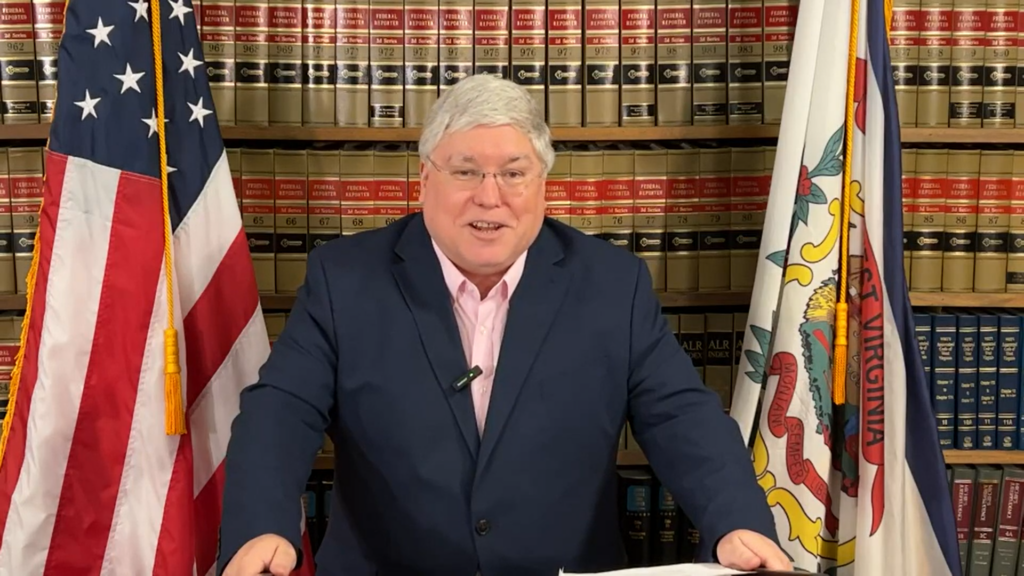Attorneys general from West Virginia and Kentucky have sued the U.S. Environmental Protection Agency (EPA) over a recent policy that raised air quality standards nationally.
Filed Wednesday, the lawsuit claims that adjusting to the new standard would financially burden manufacturing and infrastructure projects. EPA officials have said the new policy reduces major public health risks.
Controversy grew in February after the EPA lowered the maximum concentration for particulate matter in the air by 25 percent, requiring companies to reduce their levels of air pollution.
Particulate matter refers to particles invisible to the naked eye, like some forms of soot and smoke. When inhaled, these particles can cause eye, nose and throat irritation, blood abnormalities and even lung damage.
The EPA has stated that raising air quality standards will reduce these health risks and the costs associated with them.
EPA officials have already stated that all 55 counties in West Virginia already meet the new air quality standards. Some regions with major industrial activity, like parts of Pennsylvania and Ohio, might not.
But in a press release Wednesday, Morrisey said the new measure marks an EPA attempt “to advance [President Joe] Biden’s radical climate agenda.”
The new rule is being enforced by the Securities and Exchange Commission (SEC), a federal agency tasked with monitoring financial markets and watching for financial fraud. Companies are now being asked to estimate their potential greenhouse gasses to the SEC.
“How is the company supposed to know if greenhouse gas emission will affect its finances?” he said. “How many trucks are going to be too many? How much coal to use versus natural gas or other forms of energy?”
The lawsuit was filed on behalf of 24 states in the D.C. Circuit of the U.S. Court of Appeals.
Wednesday’s lawsuit also listed EPA Administrator Michael Regan as a defendant. Beyond the lawsuit, EPA intervention in state air pollution standards stands on shaky ground.
Last month, members of the U.S. Supreme Court heard arguments against another EPA policy from representatives of several different states, including West Virginia.
Some have said that the justices are poised to overturn that policy, which cracks down on the emission of air pollution across state lines. This could mark the third Supreme Court case lost by the EPA recently.




















